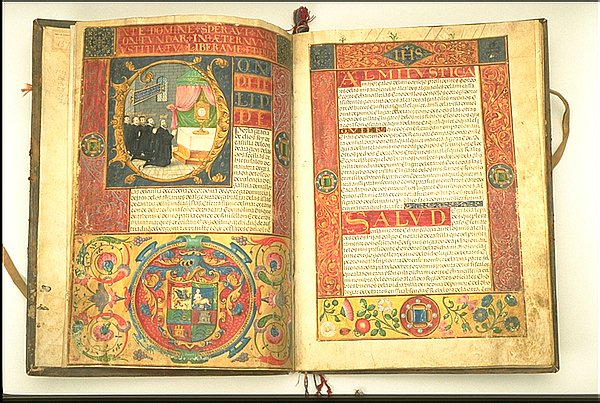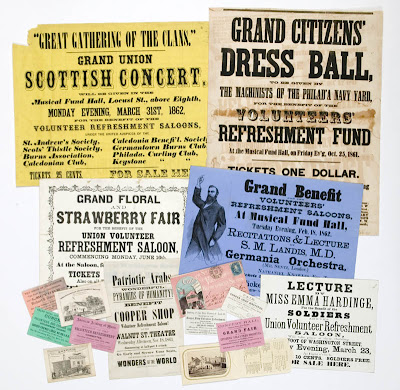
When and Why You Should Use Primary Sources:
Remember: Primary sources are the building blocks of historical research and should provide the foundation of your argument and interpretation, whereas secondary sources should inform and supplement the primary sources. Use your primary sources as evidence for answering your research question and write based on those sources, rather than “plugging them in” after the fact to bolster your argument. In short, primary sources should drive the paper, not the other way around.
These databases attempt to bring together all of their respective primary source collections into one databases for greater discoverability.
Gale Primary Sources (formerly Artemis) cross searches all Gale digital archives. These primary source collections provide pages of newspapers, books, manuscripts, maps, and photographs.
ProQuest One Literature provides content and tools to support the study of literature from a variety of sources including diverse primary texts, criticism, full-text journals, book reviews, dissertations, eBooks, reference material, audio, and video.

Manuscripts are useful because they can provide insight into the production of works as well as document the lives of significant literary figures.
The term "manuscript" literally means "written by hand" and encompasses a broad array of documents and records of numerous formats and types, including letters & correspondence, diaries & journals, memoirs & autobiographies, papers relating to published and unpublished literary works, as well as handwritten notes.
 Ephemera is useful because its sheer variety (posters, maps, advertisements, trade cards, programs, etc.) provides a glimpse into a historical period's cultural, economic, and social customs & traditions.
Ephemera is useful because its sheer variety (posters, maps, advertisements, trade cards, programs, etc.) provides a glimpse into a historical period's cultural, economic, and social customs & traditions.
Still not sure what constitutes ephemera? Take a look at these examples...
 Newspapers are useful because they can contain original reviews of works as well as accounts of what was occurring when the work was published. Ultimately, newspapers are invaluable for their relative immediacy, recording history as it happened.
Newspapers are useful because they can contain original reviews of works as well as accounts of what was occurring when the work was published. Ultimately, newspapers are invaluable for their relative immediacy, recording history as it happened.
 Periodicals are useful because they can contain original reviews of works as well as earlier, serialized versions of works.
Periodicals are useful because they can contain original reviews of works as well as earlier, serialized versions of works.